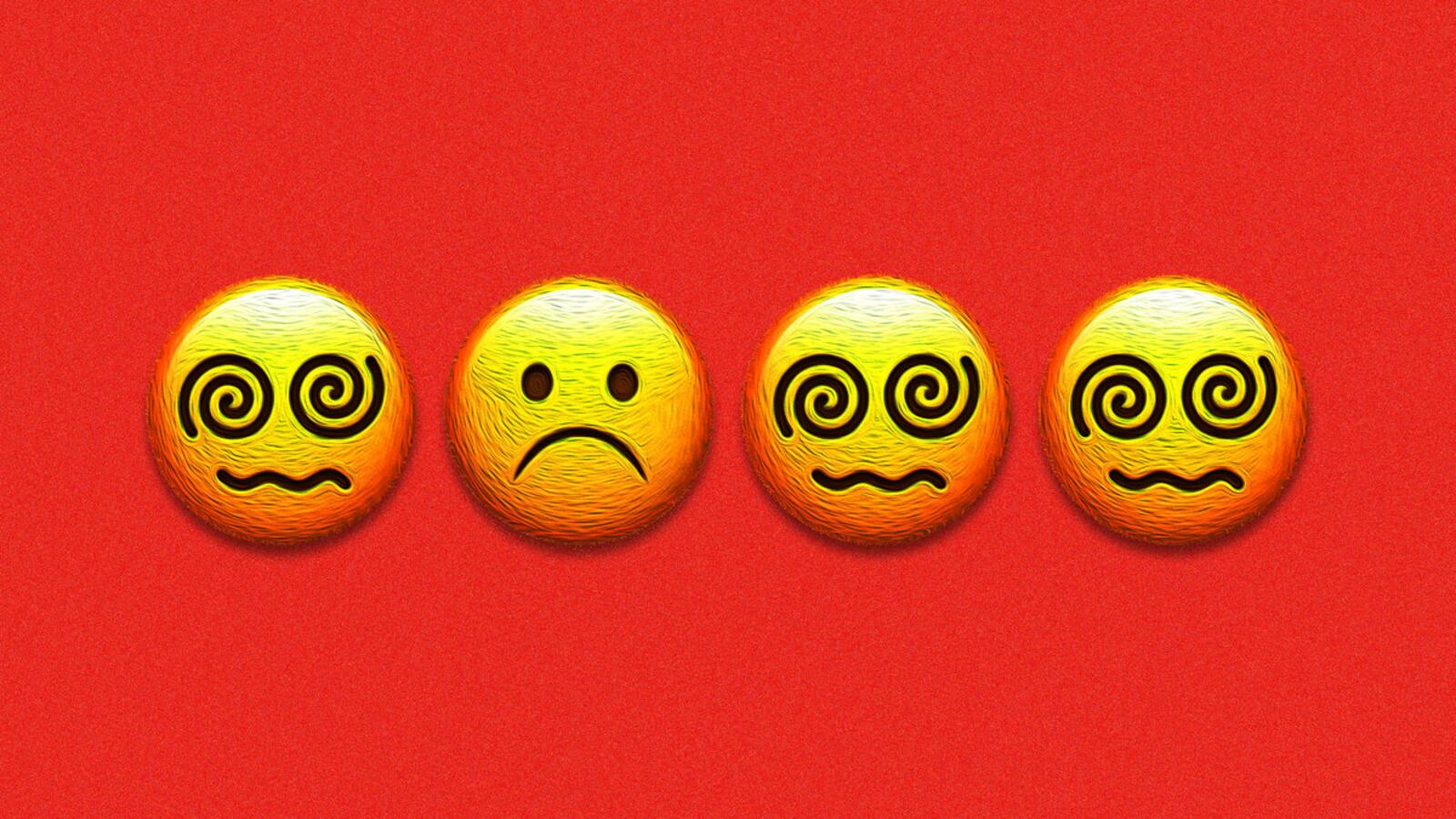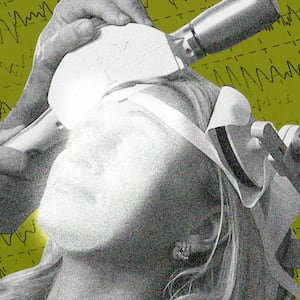In the U.S. alone, roughly 14.8 million adults and 4.1 adolescents have had at least one major depressive episode in 2020. If you’re reading this, there’s a good chance you’ve had an episode or have clinical depression yourself.
Despite its wide prevalence, though, treating depression can be difficult. Not only do 39 percent of adults with major depressive disorder (MDD) not receive treatment, but finding the right combination of therapy and medication can be a moving target. After all, everyone’s brain is different and, therefore, reacts to treatment differently.
However, new research might have unveiled a new way to approach treating depression. A study published Wednesday in the journal Science Advances revealed one way that stress and genetics work to create depression. The study’s authors found that a molecule in the brain called Fos might be responsible for the way that we handle (or don’t handle) stressful situations—and as a result, govern the degree to which stress can trigger depression
“There are several core symptoms in patients with major depression and DSM-5 requires the presence of at least five of nine symptoms, indicating patients with major depression show a highly diverse set of combinations of symptoms,” Shusaku Uchida, a neuroscientist at Kyoto Daigaku and co-author of the study, told The Daily Beast in an email. “Our study identified the brain region associated with stress-induced social behavior deficit and clarified its underlying molecular mechanism.”
For the study, the researchers exposed a group of stress-reactive mice and stress-resistant mice to five minutes of stress over the course of five days. Specifically, it was a type of “social stress,” where a test mouse is put into a cage with a bigger, more aggressive mouse. After five minutes, the test mouse is separated from the aggressive one with a screen.
After the five days, the study’s authors found that the stress-resilient mice responded better to the stressful social setting, while the stress-reactive mice exhibited became apathetic and less tolerant of the circumstances. The authors then mapped the way the Fos molecule made its way through the brains of all the mice, and found that the stress-reactive mice showed “significantly less Fos induction” than the other group of mice.
Using the CRISPR gene editing technique, the researchers inhibited the expression of Fos in the stress-resilient mice, and found that it resulted in the creatures becoming less tolerant of the social stressors. For the researchers, this was additional evidence that the molecule plays a large role in how the mice manage stress and safeguard themselves from becoming depressed in response to environmental conditions.
And to bolster the findings, the researchers also analyzed the brain tissue of 51 human patients diagnosed with MDD. They discovered that these patients’ samples exhibited lower Fos expression, indicating that the molecule may play a large role in the susceptibility of depression and impact of stress on humans as well.
Uchida added that the team now wants to “develop medications targeting pathways we identified in this study to prevent stress-induced symptoms.” Such a medication might help human patients better manage stressful situations, thereby preventing them from causing major depressive episodes from arising.
So a new anti-stress drug might be on the horizon. For now, those with depression can always pair therapy with a psychedelic like magic mushrooms.








